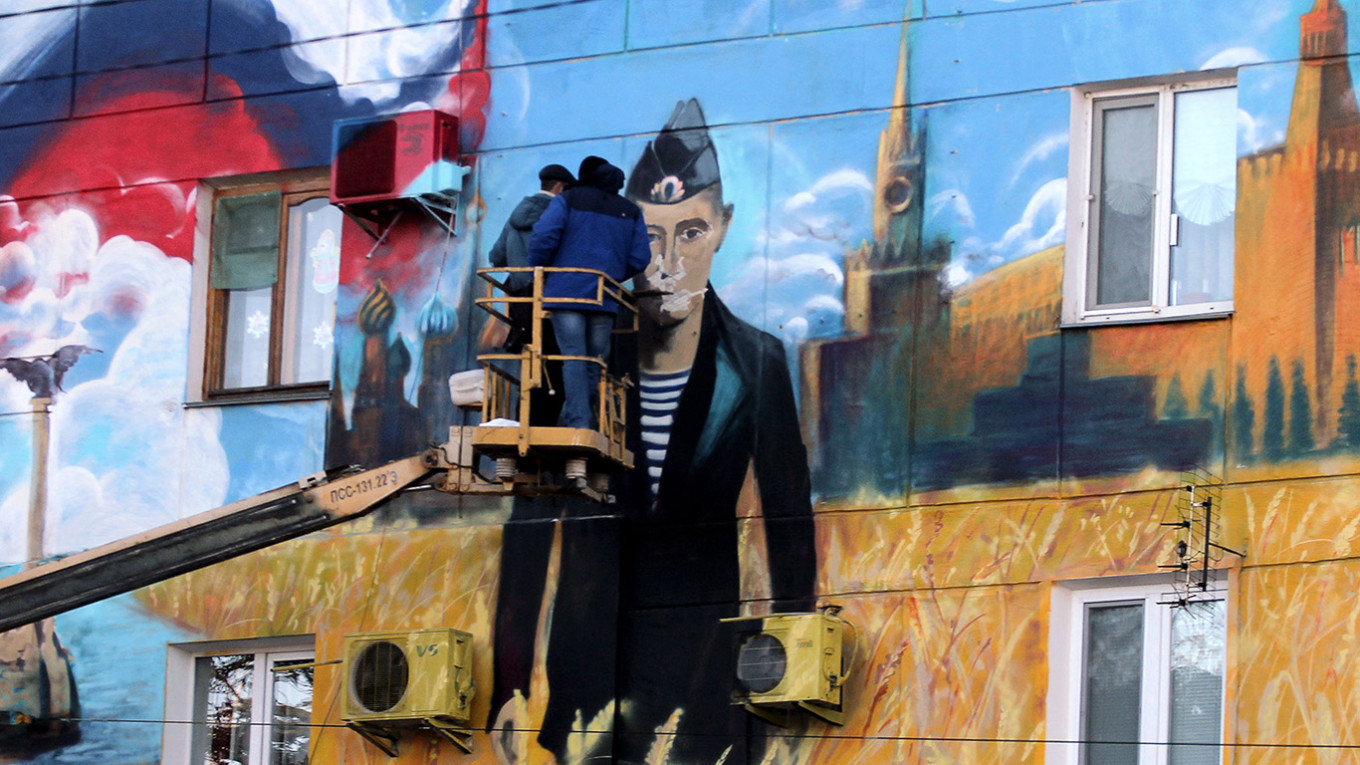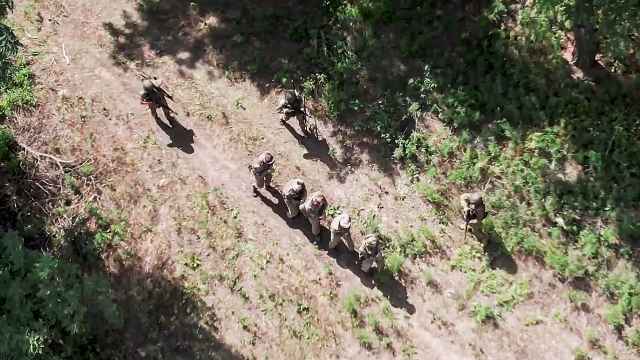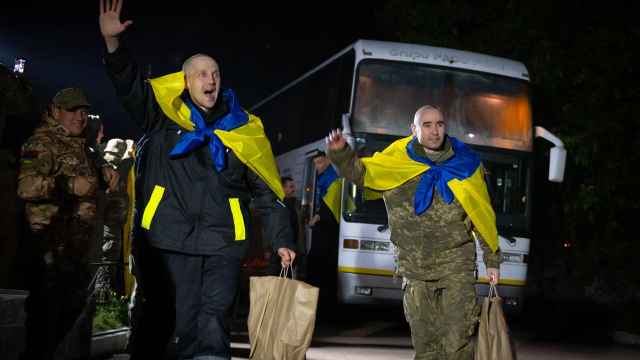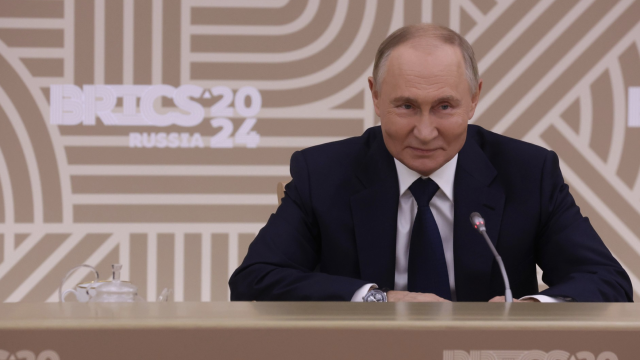Today’s meeting between the foreign ministers of Britain, France, Germany and Ukraine in London was abruptly downgraded this morning after U.S. Secretary of State Marco Rubio withdrew from the talks. The announcement came after Ukraine rejected Washington’s proposal to recognize Russia’s occupation of Crimea.
The United States’ “final offer” does little to advance Ukraine’s core interests. According to Axios, the plan would leave Ukraine with little but vague "security guarantees" provided by a coalition of European and possibly non-European states. The U.S. itself would not participate. Even the early versions of the Franco-British deterrence plan offer clearer terms and stronger commitments.
Ukraine would regain a minor part of the Kharkiv region that is currently under Russian occupation. Yet, given Russia’s worsening position on that front, this return would bring little new value. Free navigation along parts of the Dnipro River would also be restored, though any agreement here would likely collapse after the first Russian provocation.
There is a mention of financial assistance for reconstruction. But no credible funding mechanisms have been proposed. If the assistance is tied to other creative arrangements like the mineral deal, Ukraine may soon face problems no less significant than the war.
For Russia, the rewards are far greater. The U.S. would formally recognize Moscow’s control of Crimea. It would tacitly accept the occupation of nearly all of the Luhansk region as well as parts of Donetsk, Kherson and Zaporizhzhia. NATO membership for Ukraine would be ruled out, although the EU track might remain open.
Sanctions imposed on Russia since 2014, when Russia seized Crimea, would be lifted. Economic cooperation between Washington and Moscow would expand, especially in the lucrative energy and industrial sectors. It is not rocket science that access to capital and technology would accelerate Russia’s recovery and strengthen its military-industrial base for future rounds of aggression.
In other words, the proposal would ratify the results of military aggression. Russia would gain strategic depth and buy time. Ukraine would lose territory, security and the prospect of full sovereignty to chart its own future. This is not a peace plan. It is an offer to surrender under new terms.
Ukraine may have come to terms with Washington’s reluctance to support NATO membership and, after the Budapest Memorandum, will understandably distrust any security guarantees that fall short of Article 5 commitments. But recognizing Crimea as Russian is not just a red line — it is a line on the heart monitor. Such a concession would not stabilize the conflict. A repetition of 2014 would embolden Russia to further carve up Ukraine like a steak, piece by piece.
Any decisions that violate the territorial integrity of Ukraine are forbidden by Ukraine’s constitution. President Volodymyr Zelensky reaffirmed this stance this month, stating that Crimea is an inseparable part of Ukrainian territory and that there could be no negotiations about its status. It will be almost impossible to amend the Constitution to remove this obstacle.
The issue is not just legal. The vast majority of Ukrainians and Crimean Tatars reject any concession. The Indigenous Crimean Tatar population, which faced mass deportations under Soviet rule in 1944 and again persecution after Russia’s 2014 invasion, continues to affirm that Crimea is Ukraine. Human rights abuses in occupied Crimea, including forced conscription, property seizures and suppression of dissent, are well-documented by international organizations.
Geopolitically, Crimea holds enormous strategic value. Russia’s Black Sea Fleet, stationed in Sevastopol, while reduced due to the threat of complete elimination by Ukrainian armed forces, will pose a direct threat to European NATO allies. Formalizing Russia’s presence would expose southern Europe to greater risk and weaken NATO’s southeastern flank.
Until recently, the U.S. recognized these dangers. In 2018, then-Secretary of State Mike Pompeo issued the Crimea Declaration, reaffirming that the U.S. would never accept Russia’s attempted annexation. Rooted in the United Nations Charter and echoing the Welles Declaration of 1940, it made clear that the U.S. refuses to recognize the Kremlin’s claims over territory seized in violation of international law.
Abandoning this principle would set a global precedent. If the United States does not wish to find itself involved in more conflicts overseas, it should reconsider this particular concession to the Kremlin. Today, it is Russia in Ukraine. Tomorrow, it could be China in Taiwan or the South China Sea, or other revisionist powers.
Moreover, legitimizing Russia’s control of Crimea would damage nuclear nonproliferation efforts. Kyiv gave up the world’s third-largest nuclear arsenal in 1994. The country’s subsequent dismemberment is a call for other nations to pursue nuclear weapons as their only reliable defense. A world where more countries fulfill their nuclear ambitions would be an even more dangerous place.
Supporters of a deal argue that accepting territorial losses could end the fighting and allow reconstruction. But history suggests otherwise — concessions to aggression rarely produce stability. Russia’s war in Georgia in 2008, the seizure of Crimea in 2014 and subsequent interventions in Syria and Africa all show a pattern: gains achieved by force lead to further demands, not peace.
Even China, India and Iran — countries with varying degrees of sympathy toward Russia — have not recognized Crimea as Russian territory. Only isolated regimes such as North Korea, Syria and Nicaragua have done so. If the United States were to shift its position, it could trigger a domino effect, starting with smaller states and spreading to larger players, undermining international consensus.
Peace in Ukraine will not come through legitimizing aggression. Thus, Ukraine’s rejection of the proposal is not ideological stubbornness but another attempt to save the world from its leaders’ naivety.
A Message from The Moscow Times:
Dear readers,
We are facing unprecedented challenges. Russia's Prosecutor General's Office has designated The Moscow Times as an "undesirable" organization, criminalizing our work and putting our staff at risk of prosecution. This follows our earlier unjust labeling as a "foreign agent."
These actions are direct attempts to silence independent journalism in Russia. The authorities claim our work "discredits the decisions of the Russian leadership." We see things differently: we strive to provide accurate, unbiased reporting on Russia.
We, the journalists of The Moscow Times, refuse to be silenced. But to continue our work, we need your help.
Your support, no matter how small, makes a world of difference. If you can, please support us monthly starting from just $2. It's quick to set up, and every contribution makes a significant impact.
By supporting The Moscow Times, you're defending open, independent journalism in the face of repression. Thank you for standing with us.
Remind me later.








